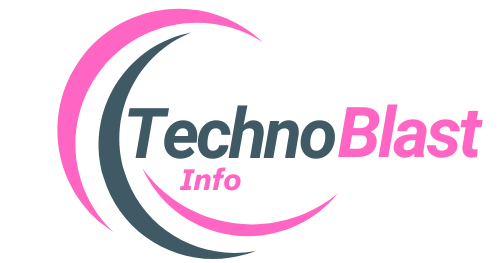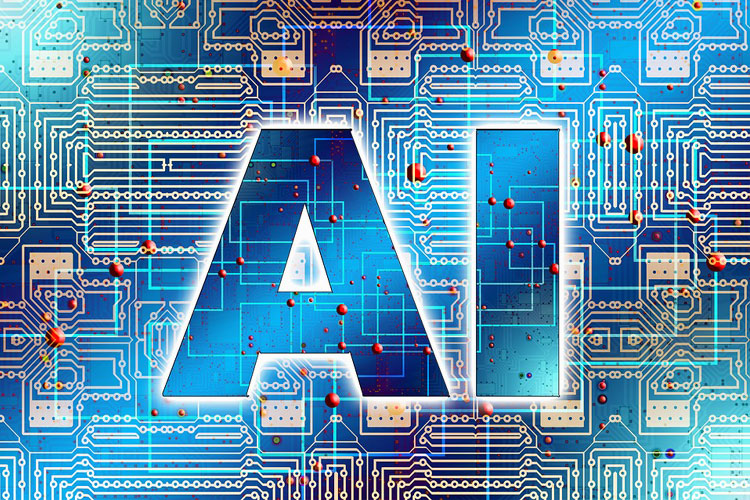In an era where efficiency and effectiveness are paramount, artificial intelligence (AI) has emerged as a game-changer in the realm of productivity. From automating routine tasks to enhancing decision-making processes, AI tools are transforming the way we work and live.
This blog post explores the landscape of AI tools designed to boost productivity, examining how they work, their benefits, and their implications for the future of work.

The Rise of AI in Productivity
Artificial intelligence has evolved from a niche technology into a mainstream tool that businesses and individuals use daily. AI’s ability to analyze vast amounts of data, recognize patterns, and make predictions makes it a powerful ally in enhancing productivity. The integration of AI into productivity tools leverages these capabilities to streamline workflows, reduce manual effort, and optimize processes.
Key AI Tools for Enhancing Productivity
AI-Powered Personal Assistants
AI personal assistants have revolutionized how we manage our time and tasks. Tools like “Google Assistant”, “Amazon Alexa”, and “Apple Siri” use natural language processing (NLP) to understand and respond to voice commands. These assistants can schedule meetings, set reminders, send messages, and even control smart home devices.
Google Assistant: Integrates with Google Calendar, emails, and various third-party apps to help manage your schedule and provide real-time information.
Amazon Alexa: Offers skills and routines that can automate daily tasks, from creating shopping lists to managing home automation systems.
Apple Siri: Provides seamless integration with Apple’s ecosystem, helping users manage tasks across their devices.
These personal assistants save time by handling repetitive tasks, allowing users to focus on more complex and value-added activities.
AI-Driven Project Management Tools
AI has made significant strides in project management, offering tools that enhance collaboration, track progress, and predict project outcomes. “Asana”, “Monday.com”, and “Trello” are examples of project management platforms incorporating AI to improve efficiency.
Asana: Uses AI to provide insights into project timelines, team performance, and task prioritization. Its Smart Project Templates help automate task assignments based on historical data.
Monday.com: Features AI-driven workflows that can automate repetitive tasks, track project metrics, and provide actionable insights through dashboards.
Trello: Incorporates AI to suggest task management improvements and automate card movements based on project progress.
These tools streamline project workflows, enhance team collaboration, and provide valuable insights for better decision-making.
AI-Based Content Creation Tools
Content creation has become more efficient with AI tools that assist in writing, design, and multimedia production. “Grammarly”, “Copy.ai”, and “Canva” are leading examples of AI-driven content tools.
Grammarly: Provides advanced grammar and style checks, using AI to enhance writing quality and clarity. Its suggestions are based on contextual understanding and language patterns.
Copy.ai: Uses AI to generate marketing copy, social media posts, and product descriptions. It can create compelling content based on user input and preferred tone.
Canva: Employs AI to offer design suggestions, automate formatting, and generate professional-quality graphics quickly and easily.
These tools enable faster content creation, reduce errors, and enhance overall quality, allowing creators to focus on more strategic tasks.
AI-Enhanced Data Analysis and Visualization
Data analysis is a critical aspect of decision-making, and AI tools are making it easier to extract insights from complex datasets. “Tableau”, “Power BI”, and “Google Analytics” utilize AI to streamline data analysis and visualization.
Tableau: Incorporates AI to provide predictive analytics, automated insights, and natural language querying. Its AI-driven features help users understand data trends and make informed decisions.
Power BI: Uses AI to enhance data visualization, offering features like Q&A for natural language queries and automated insights based on data patterns.
Google Analytics: Employs AI to provide predictive metrics, identify anomalies, and offer recommendations for improving website performance.
AI-powered data tools enable users to gain deeper insights, make data-driven decisions, and visualize trends with greater accuracy.
AI-Powered Customer Service Solutions
Customer service has been transformed by AI tools that offer automated responses, personalized interactions, and efficient support. “Chatbots”, “Zendesk”, and “Intercom” are examples of AI-driven customer service platforms.
Chatbots: Use AI to handle customer inquiries, provide instant responses, and guide users through common issues. They can operate 24/7, improving customer satisfaction and reducing response times.
Zendesk: Integrates AI to offer automated ticketing, sentiment analysis, and knowledge base recommendations. Its AI capabilities enhance support efficiency and customer experience.
Intercom: Utilizes AI to deliver personalized customer interactions, automate responses, and analyze user behavior for better support.
AI in customer service enhances efficiency, improves response times, and provides personalized support, benefiting both businesses and customers.
Benefits of AI Tools for Productivity
The integration of AI tools into productivity workflows offers numerous benefits:
Increased Efficiency: AI automates repetitive tasks, reducing the time spent on manual processes and allowing users to focus on higher-value activities.
Enhanced Accuracy: AI-driven tools minimize human errors, providing more accurate results and reducing the likelihood of mistakes.
Better Decision-Making: AI’s ability to analyze large datasets and identify patterns helps users make informed decisions based on data-driven insights.
Cost Savings: By automating tasks and optimizing processes, AI tools can lead to significant cost savings for businesses and individuals.
Improved Collaboration: AI-powered project management and communication tools enhance team collaboration, streamline workflows, and ensure project alignment.
Challenges and Considerations
While AI tools offer substantial benefits, there are also challenges and considerations to keep in mind:
Privacy and Security: The use of AI tools often involves handling sensitive data. Ensuring data privacy and security is critical to prevent breaches and misuse.
Bias and Fairness: AI systems can exhibit biases based on the data they are trained on. It is important to address and mitigate biases to ensure fairness and accuracy.
Integration and Adaptation: Implementing AI tools may require changes to existing workflows and processes. Ensuring smooth integration and user adaptation is crucial for successful deployment.
Cost of Implementation: While AI tools can offer cost savings in the long run, the initial investment and implementation costs can be significant for some organizations.
The Future of AI in Productivity
The future of AI in productivity holds exciting possibilities. As technology continues to advance, AI tools are expected to become more sophisticated, intuitive, and integrated into various aspects of work and life. Emerging trends include:
AI-Enhanced Creativity: AI tools are likely to further enhance creative processes, providing new ways to generate ideas and innovate.
Personalized Productivity Solutions: AI will offer increasingly personalized productivity solutions tailored to individual preferences and needs.
Seamless Integration: AI tools will become more seamlessly integrated into existing workflows, enhancing usability and efficiency.
Conclusion
AI tools for productivity are revolutionizing the way we work, offering powerful solutions to enhance efficiency, accuracy, and decision-making. From personal assistants and project management tools to content creation and data analysis, AI is transforming various aspects of work and life. While there are challenges to address, the benefits of AI-driven productivity tools are substantial, making them valuable assets in the modern workplace.
As AI technology continues to evolve, its impact on productivity will only grow, providing new opportunities for individuals and organizations to achieve their goals more effectively. Embracing AI tools and understanding their potential will be key to navigating the future of work and harnessing the full power of artificial intelligence.



